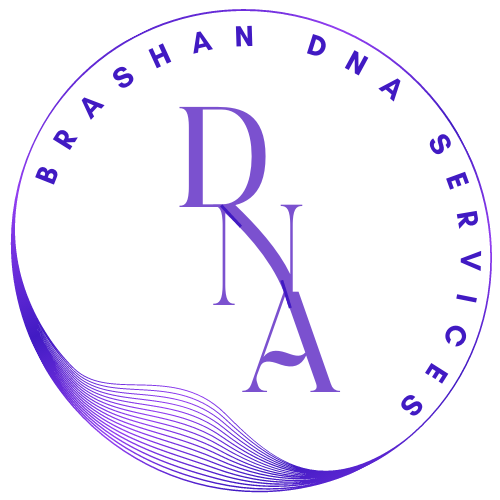Introduction
DNA testing is a powerful tool used to track down biological parents, determine paternity, and screen for genetic diseases. It can also identify unknown remains and connect with long-lost relatives.
DNA Testing is a Powerful Tool: Uses
Some uses of DNA testing are:
- Forensic purposes, such as identifying criminals or determining paternity.
- Diagnose genetic conditions, such as cystic fibrosis and sickle cell anaemia.
- Screen for genetic risks, such as the risk of developing cancer or heart disease.
- Create personalized medicine plans, which are tailored to a person’s individual genetic makeup.
DNA Testing is a Powerful Tool: Benefits and Risks
Benefits:
- Relieve uncertainty and provide a sense of relief from uncertainty.
- Help you make informed health decisions: By knowing your genetic risk for certain diseases, you can take steps to prevent or manage those diseases.
- Connect you with your family: DNA testing can help you find long-lost relatives and learn more about your family history.
- Give you a better understanding of yourself: DNA testing can help you understand your genetic makeup and how it affects your physical and mental health.
Risks
- The results of DNA tests could be used to discriminate against people, such as in employment or insurance.
- DNA tests can reveal personal information about a person, and this information could be misused.
Conclusion
Overall, the benefits of DNA testing outweigh the risks for many people. However, it is important to weigh the risks and benefits carefully before deciding whether to get tested.

